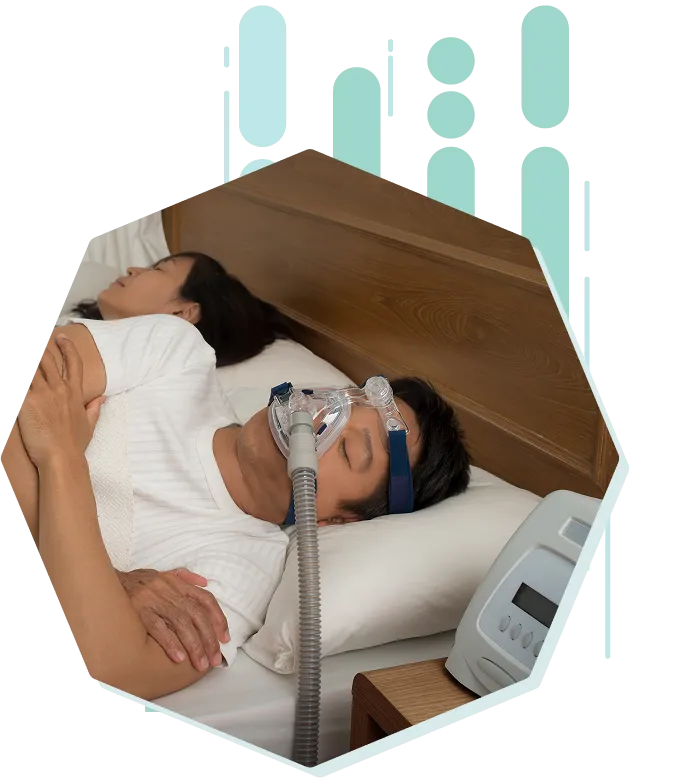
Sleep Apnea significantly impact the quality and duration of sleep, affecting both mental and physical health. Common conditions include insomnia, restless legs syndrome, narcolepsy, and Obstructive Sleep Apnea (OSA). With over 80 recognized sleep disorders, timely diagnosis and treatment are essential for restoring well-being.
Sleep apnea is a widespread sleep disorder characterized by repeated interruptions in breathing during sleep, lasting a few seconds to several minutes. The two primary types are:
Obstructive Sleep Apnea (OSA): Caused by physical obstructions in the airway.
Central Sleep Apnea (CSA): Caused by the brain’s failure to regulate breathing properly.
Contributing Factors to Sleep Apnea
Identifying the underlying causes is crucial for effective management. Common contributing factors include:
Untreated sleep apnea can exacerbate conditions like diabetes, hypertension, cardiovascular diseases, and obesity, making early intervention critical.
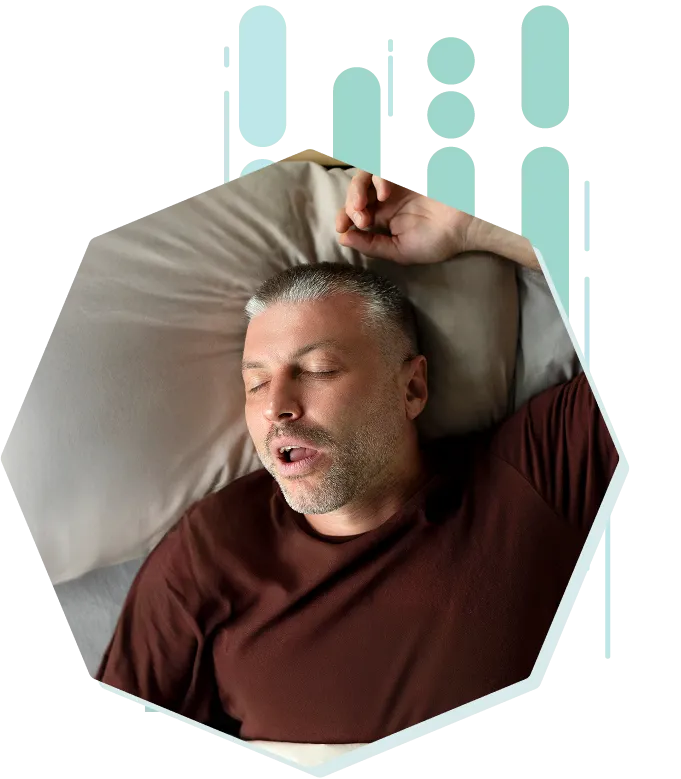
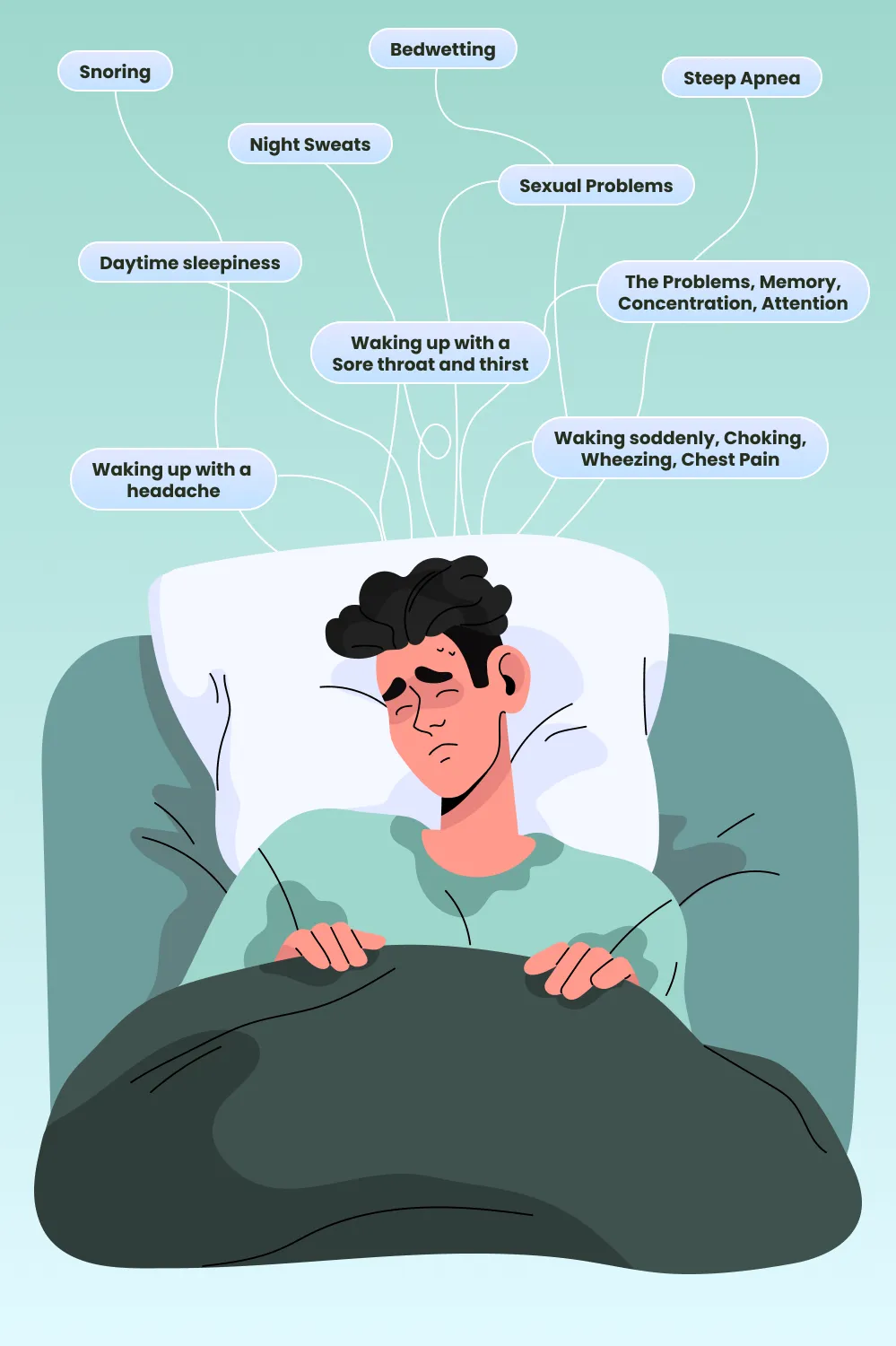
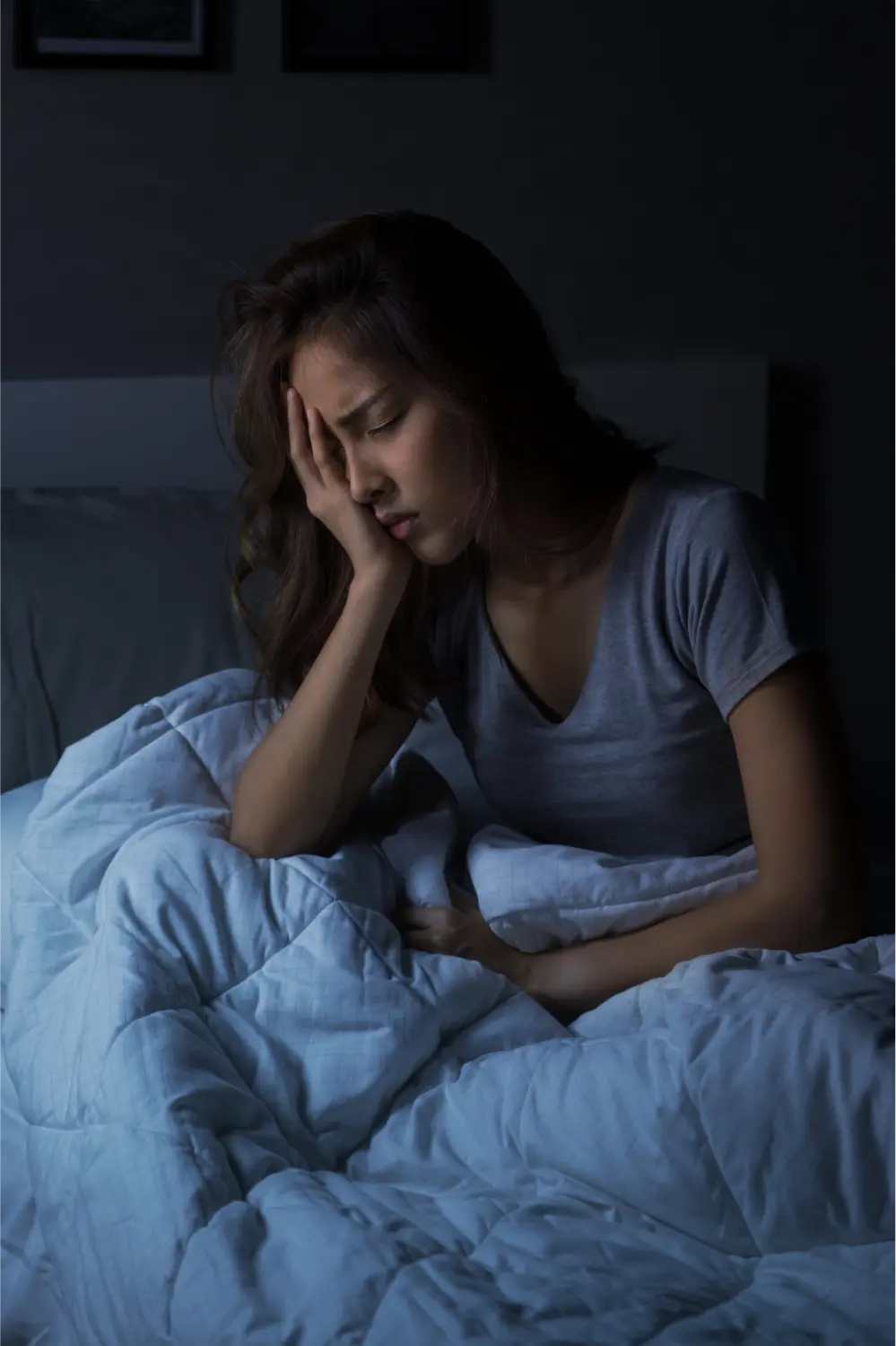
Research suggests that women and people assigned female at birth are more likely to experience sleep Apnea than men and people assigned male at birth. In addition, about half of all adults over the age of 65 have a type of sleep disorder. There are more than 80 types of sleep Apnea.

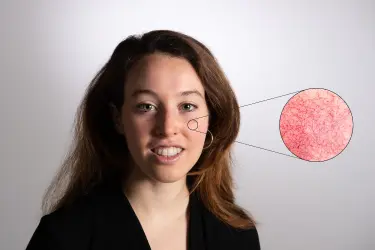
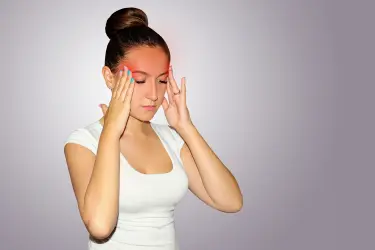
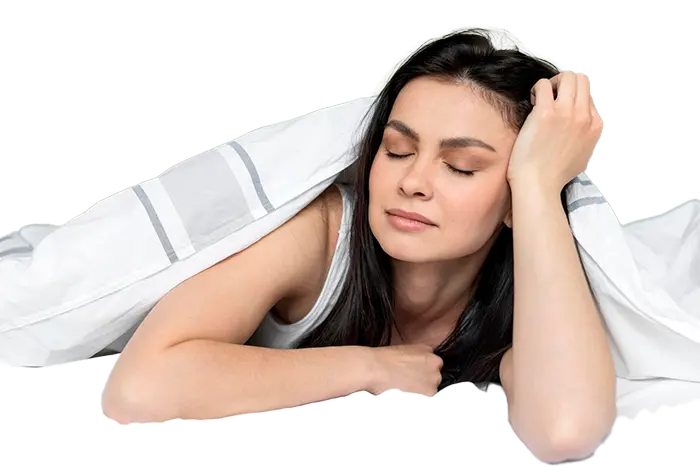
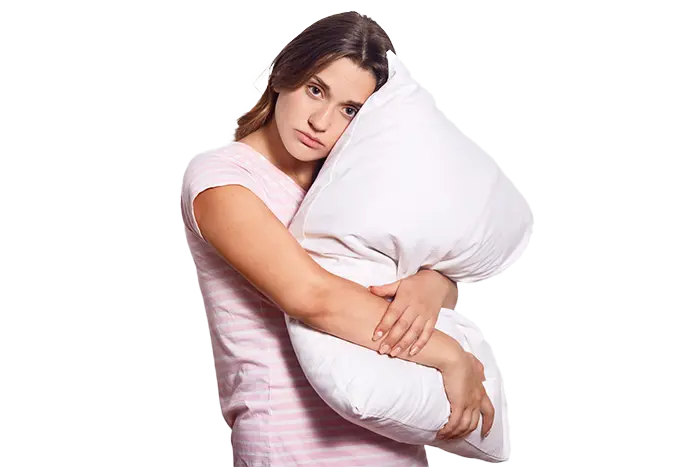
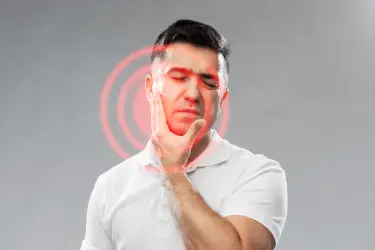
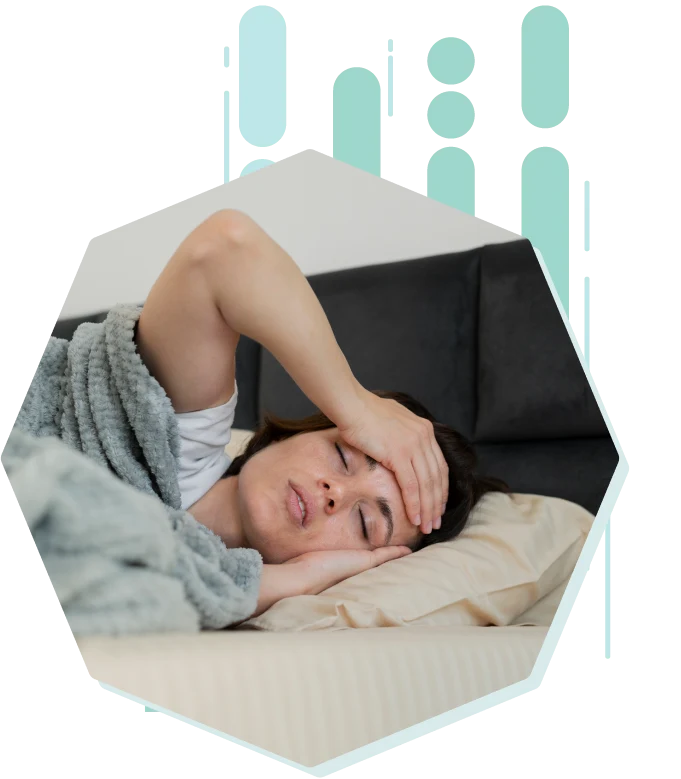
Effective treatment depends on the specific disorder and its severity. For sleep apnea:
Mon – Fri: Contact on emergency
Thu & Fri - 9 am to 5 pm (By appointment)
Copyright © 2024 TMJ and Facial Relief, All Rights Reserved.